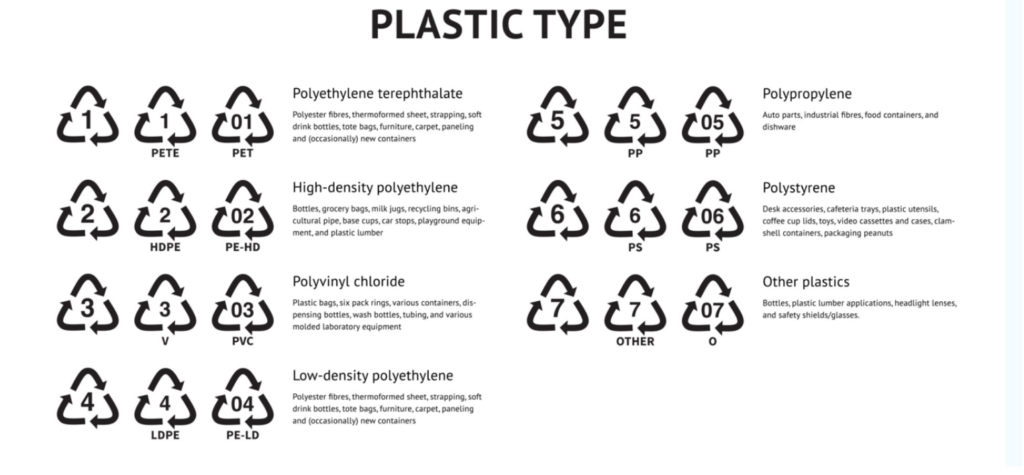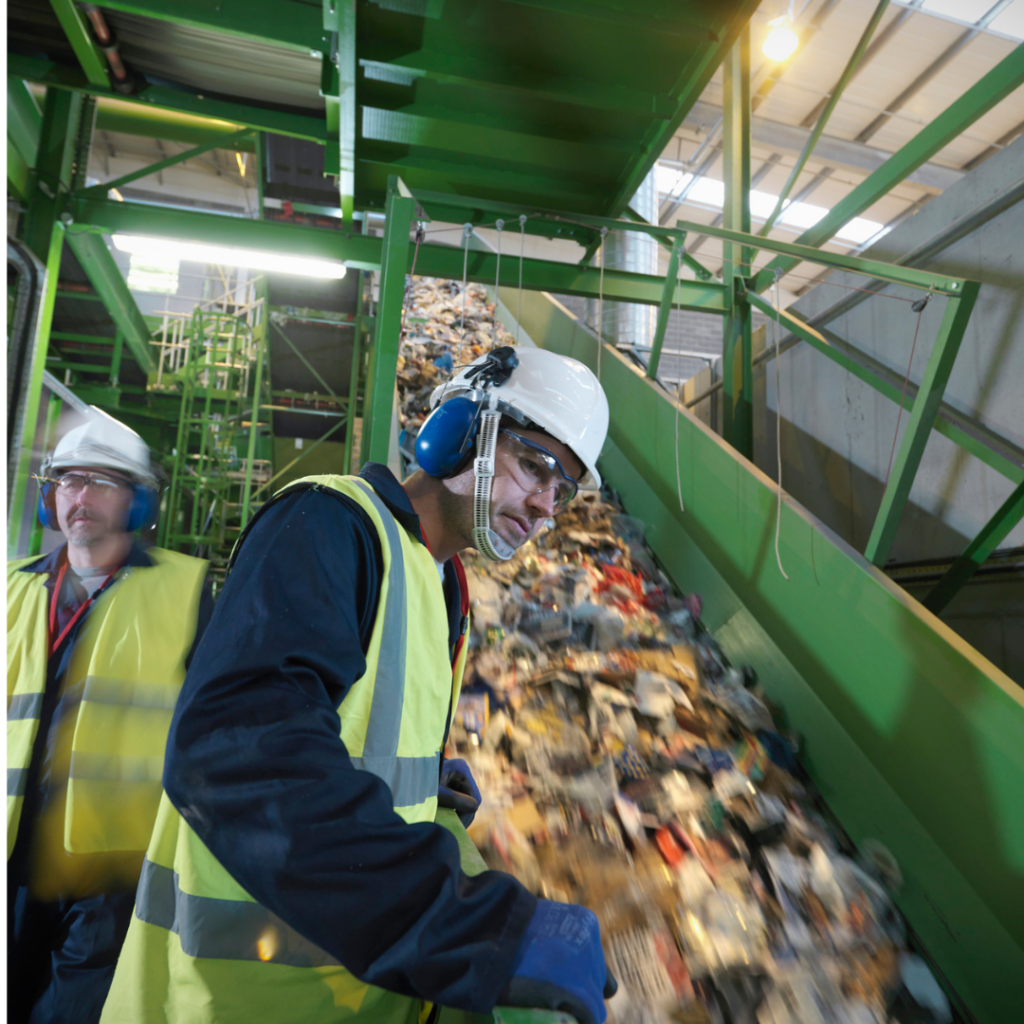Recycled engineering plastics are like commodity plastic but have a better mechanical and thermal properties. These resins have become an essential component in the effort to create more sustainable and eco-friendly materials and are derived from post-consumer or post-industrial plastic waste, processed, and engineered to meet specific performance standards. Their use spans a variety of industries, each benefiting from the durability, versatility, and environmental advantages of these recycled materials.
1. Automotive Industry
In the automotive sector, recycled engineered plastic resins are used to manufacture various components, such as bumpers, dashboards, and interior trim. These materials provide the necessary strength and resilience while reducing the overall weight of vehicles, which can enhance fuel efficiency. Additionally, using recycled resins helps automotive manufacturers meet stringent environmental regulations and sustainability goals.
2. Consumer Electronics
The consumer electronics industry utilizes recycled plastic resins in the production of casings, connectors, and internal components of devices such as smartphones, laptops, and household appliances. These resins offer high impact resistance and thermal stability, ensuring that electronic products are durable and long-lasting. By incorporating recycled materials, electronics manufacturers can reduce their environmental footprint and promote recycling initiatives.
3. Construction
In construction, recycled engineered plastic resins are employed in the production of building materials such as pipes, insulation, and roofing membranes. These materials offer excellent durability, weather resistance, and insulation properties, making them suitable for a wide range of construction applications. Using recycled plastics in construction not only reduces the environmental impact but also contributes to creating energy-efficient and sustainable buildings.
4. Textiles
The textile industry uses recycled plastic resins to create fibers for fabrics used in clothing, upholstery, and carpeting. These fibers can be woven into various textures and patterns, providing both aesthetic appeal and functional performance. Recycled plastic fibers help reduce the dependence on traditional textile materials, such as cotton and wool, and support the development of a circular economy in the fashion industry.
6. Furniture
Recycled engineered plastic resins are also used in the manufacturing of furniture, including chairs, tables, and storage units. These materials offer strength, flexibility, and ease of maintenance, making them ideal for both indoor and outdoor use. By incorporating recycled plastics into furniture production, manufacturers can create products that are not only stylish and functional but also environmentally responsible.
Conclusion
Recycled engineered plastic resins play a crucial role in promoting sustainability across various industries. Their versatility, durability, and environmental benefits make them an attractive alternative to traditional materials. As technology advances and recycling processes become more efficient, the applications of recycled plastic resins are expected to expand, further contributing to a more sustainable and eco-friendly future.
Plastiko, Inc purchases, formulates and distributes engineering plastic raw materials for a variety of purposes. These resins include ABS Nylon (Nylon 6, Nylon 66, Nylon 11, Nylon 12) PBT PC SAN ASA TPE (TPV, TPO, SEBS, TPU, COPE). Contact us today to determine how we can help you find a recycled engineering resin for your applications: https://plastikoinc.com/contact/










